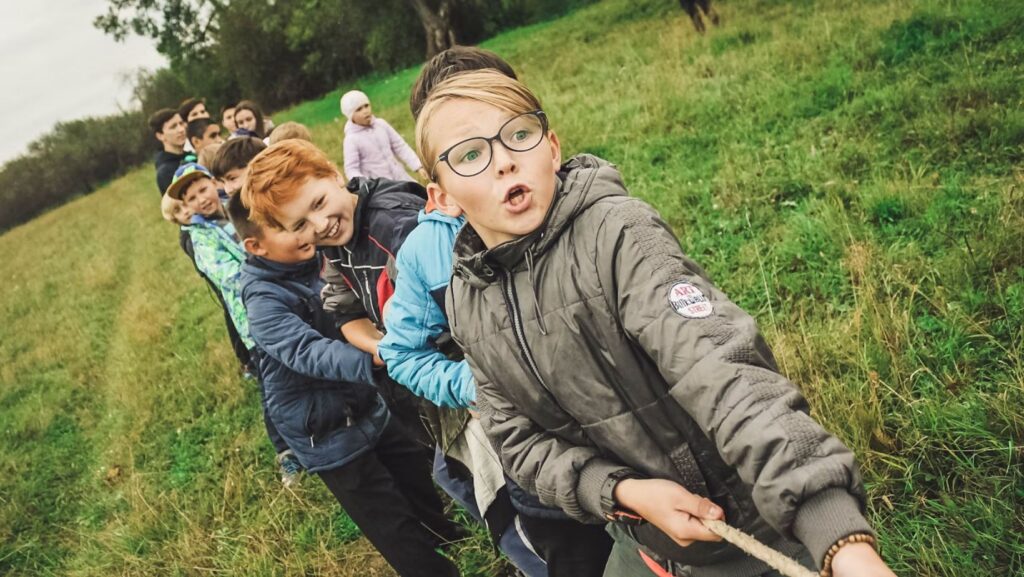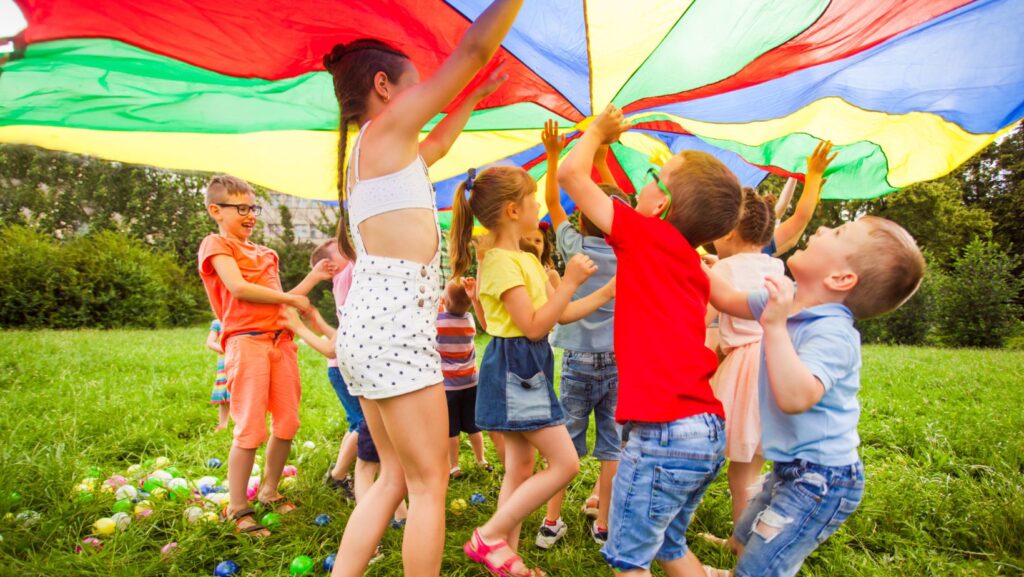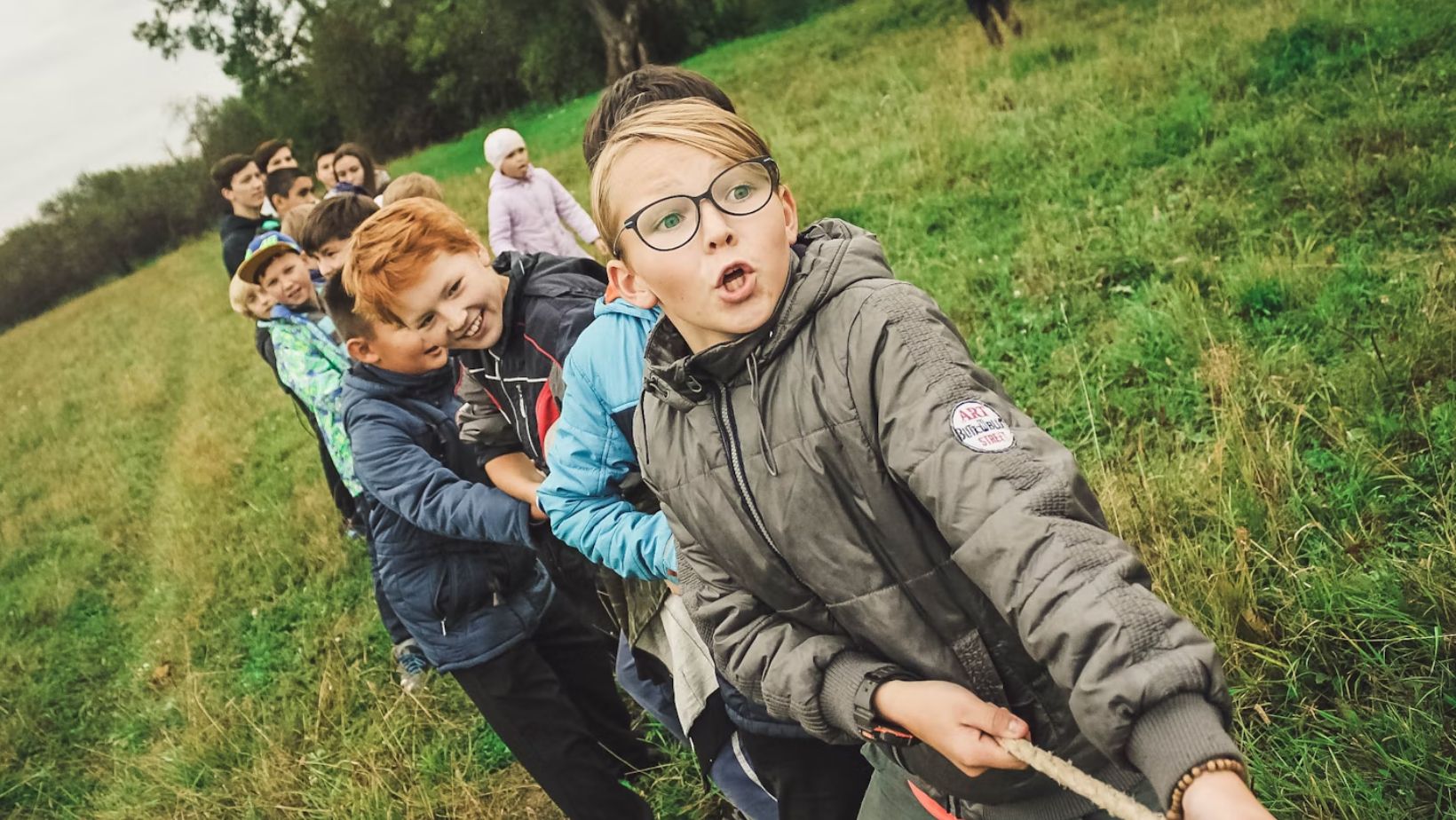
Enrolling your child in a summer camp offers more than just a break from routine. It introduces a different rhythm, one built around exploration, independence, and hands-on learning. Camp environments are carefully designed to blend fun with structure, encouraging kids to try new activities and connect with others in ways that school schedules often do not allow.
For many children, this is the first setting where they make decisions on their own, handle small responsibilities, and discover new parts of themselves. These moments help shape self-belief and emotional maturity.
The best part is that growth at camp happens naturally. Whether it is learning how to paddle a canoe, pitching a tent, or just cheering on a friend during a relay, children build memories tied to confidence and teamwork. This article explores how summer camp continues to play a vital role in nurturing both the emotional and physical development of young campers.
Children Gain Confidence Through Independence
At home and in school, children operate within a set routine. Meals are decided for them, daily tasks are managed by adults, and decisions are rarely theirs to make. Camp shifts that balance. Suddenly, your child is selecting activities, finding their bunk on their own, and managing small personal responsibilities.
Decision-Making in Daily Life
From the moment they arrive, campers are asked to make choices. They decide which activities to try, what to pack for the day, and how to navigate new situations. These moments are small, but they help children feel trusted and competent in unfamiliar settings.
Learning Accountability Outside the Classroom
Children at camp handle tasks that normally fall to parents or teachers. Remembering gear, following a schedule, and keeping up with group plans all fall into their hands. These experiences build quiet discipline and make independence feel normal, not forced.
The Lasting Impact on Self-Belief
When kids complete tasks on their own, even something as simple as showing up prepared for canoeing, they feel a spark of pride. These repeated moments of self-management feed into a deeper sense of self-worth that lingers well beyond camp.
Creativity Finds Room to Breathe
Camp offers freedom from screens, schedules, and standardized tests. That space invites imagination to re-enter the picture. The best camps foster a blend of structure and spontaneity, where kids feel encouraged to explore without fear of failure.
Programs at summer camps like Pali Adventures are designed with exactly this balance in mind. They allow children to try their hand at film production, fashion design, music, or outdoor theater, activities rarely offered in traditional classrooms. Whether your child writes skits with their bunkmates or gets lost building forts out of branches, creativity flourishes in a pressure-free environment.
Without the expectation of producing something perfect, children experiment. They try, they fail, they try again. This process helps develop a healthy relationship with effort and outcomes. It also fosters a sense of identity. When kids explore new hobbies like painting, playing guitar, or improvising a skit, they often discover interests that become lifelong passions.
Social Development Comes From Shared Experiences
Camp brings together children from different backgrounds, all in one place for a shared goal: to have fun. Under the surface, they are developing social tools that will stay with the kids long after the last marshmallow is roasted.
Group activities promote genuine connection. Whether it is through team games, cabin clean-ups, or late-night storytelling, campers quickly learn how to listen, cooperate, and resolve disagreements respectfully.
Unlike the structured classroom, summer camp offers room for children to practice empathy and patience in natural settings. If they are working together on a group project or learning a new sport, they begin to see the value in other people’s ideas.
These daily interactions nurture emotional intelligence in a way few environments can replicate. The friendships formed often become a lasting support system, grounded in real-world trust.
Movement and Play Support Physical Development
Today’s children often spend more time seated than moving. Summer camp disrupts that sedentary cycle. From early morning hikes to evening swims, kids are constantly engaging in physical activity. This is not about athletic competition, but movement as a form of joy and exploration. Physical growth flourishes in outdoor settings. Climbing, jumping, and running challenge motor skills and build strength.

That said, movement at camp is not forced or tied to performance. It is tied to play. A camper who might shy away from school gym class often feels more at ease joining a game of capture the flag or paddling a kayak. This more relaxed environment lets children explore physical activity on their own terms, and in doing so, builds healthy habits that stick.
Emotional Resilience Builds Through Everyday Moments
One of the quiet strengths of summer camp lies in its ability to create emotional space. Children are not just learning how to swim or climb; they are learning how to be okay with uncertainty. They may miss home, face disappointment, or feel challenged by unfamiliar social dynamics, but they are not alone in this.
Trained staff offer guidance without stepping in too quickly, allowing children to feel supported and self-guided. These moments, while small, build emotional resilience. A camper who misses home but stays the week leaves with a sense of pride. A child who learns to share space with others becomes more adaptable.
Camp creates room for both joy and frustration. It teaches children that both are manageable. This balanced exposure helps them better navigate change in other areas of life.
A Path Forward Rooted in Real Experience
Camp gives children the chance to grow in a setting that feels less like learning and more like living. The environment is structured enough to feel safe, but loose enough to invite change. From new friendships to new abilities, from unexpected independence to real rest, the benefits are layered. They unfold across body and mind, strengthening the child in ways both seen and unseen.
If your goal is to support your child’s growth and well-being, summer camp remains one of the few experiences that speaks to both. Not through programs designed to push, but through moments that let children discover who they already are becoming.
Bob Duncan is the lead writer and partner on ConversationsWithBianca.com. A passionate parent, he’s always excited to dive into the conversation about anything from parenting, food & drink, travel, to gifts & more!

